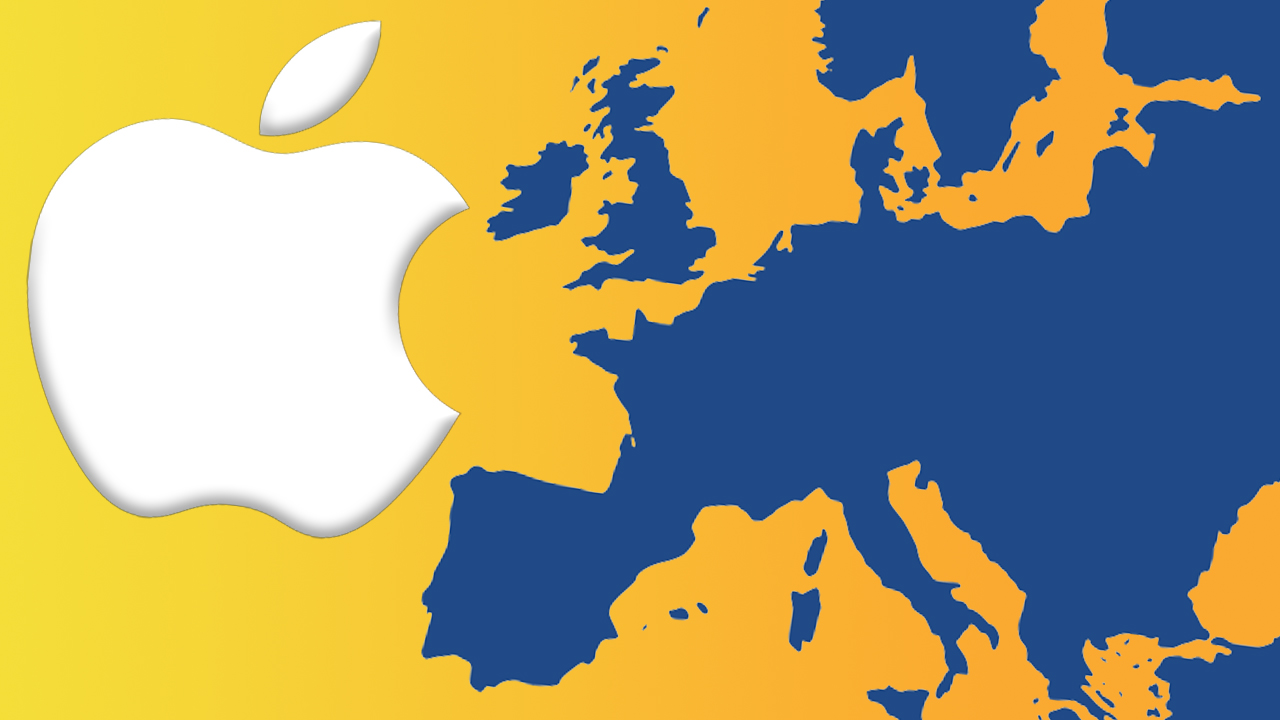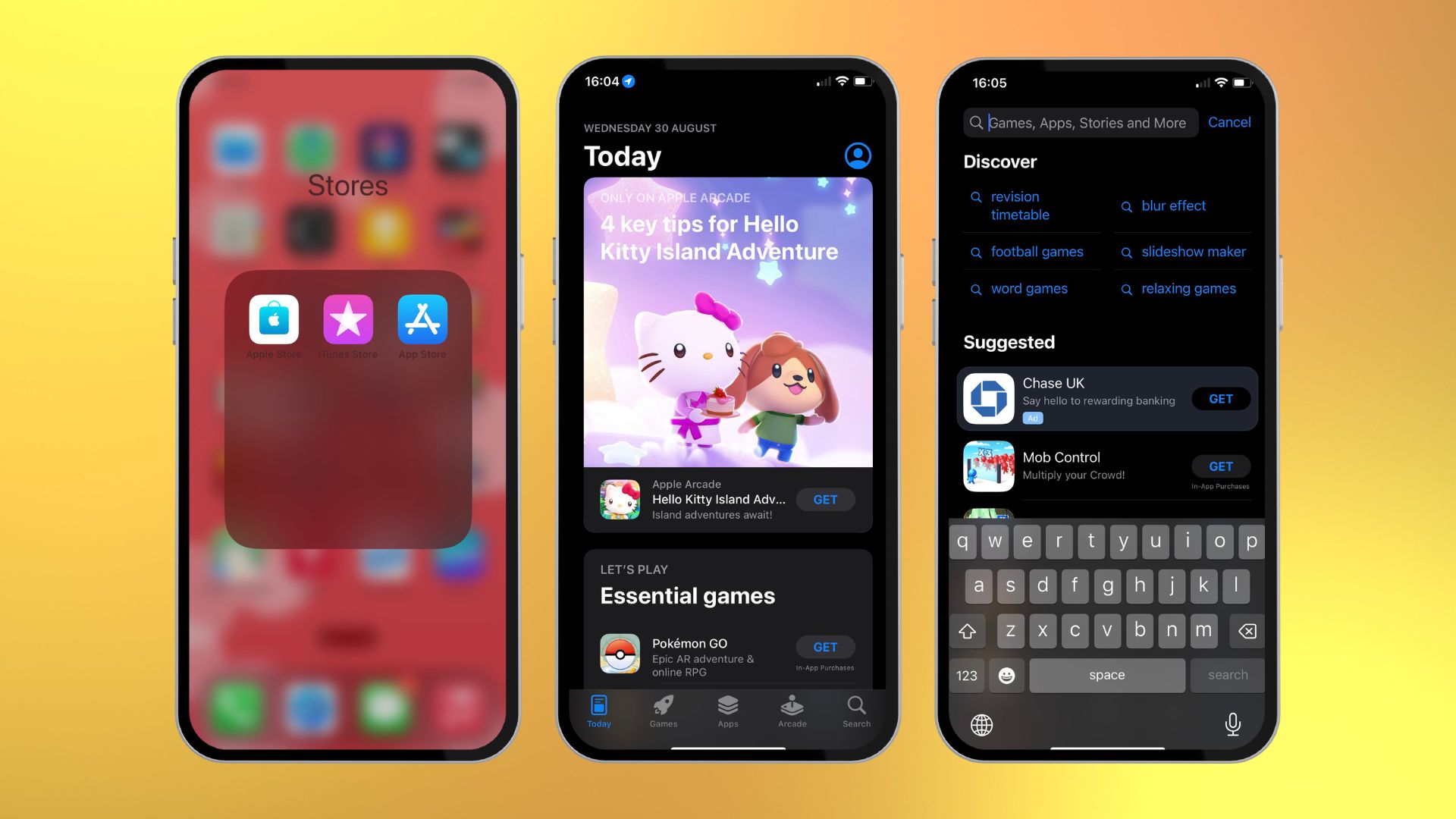
For users of Apple’s iPhone iOS platform in the European Union, the early days of the Digital Markets Act (DMA) may feel disappointing. But we’re here with a message: don’t worry, things will change.
The wide-ranging regulations were created with the goal of breaking big tech’s monopoly and increasing competition. In a practical sense, the DMA demands that companies it deems ‘gatekeepers’ open up. And the date that this was all meant to go down? March 7th, 2023.
For European Apple users, it seemed like great things were about to happen. A couple of days before the March compliance date, the Cupertino-based company launched iOS 17.4 which supported alternative app stores. In theory, this meant we’d be able to use apps the company didn’t deem suitable for the App Store — think of things like torrent software or game emulators.
The DMA promised that power users could actually start using the iPhone for what it is: a pocket computer.
But the benefits weren’t meant to stop there. As the DMA focuses on opening up ecosystems and interoperability, other advantages were touted to include the launch of non-WebKit browsers, and that iMessage could work seamlessly with any other chat applications, like WhatsApp or Signal.
In other words, it sounded like we were about to enter a whole new era of being an iOS user. Yes, we could stay safe inside Apple’s walled garden if we wanted, but the DMA promised that power users could actually start using the iPhone for what it is: a pocket computer.
Instead? Things haven’t been quite so exciting. In fact, for many it’s been downright disappointing.
The early days of the DMA
The first (and, at the time of writing, only) alternative app store to launch is mobivention, a B2B-focused app platform that’s useful for companies, but of no real interest to consumers.
And while there are three app stores currently marked out for future release — AltStore, Setapp, and the Epic Games Store — it’s been over a month since the launch of iOS 17.4 and the public is still in the dark about when they’ll get to benefit from the sweeping changes the DMA promised.
In fact, for the majority of users in the European Union, all we’ve seen from the DMA is a pop-up informing us that we can now change our default browser. While this is a positive step, it’s nothing compared to releasing proper versions of Chrome or Firefox, as these are still the versions running on Apple’s WebKit engine.
So, why is this the case? What’s stopping all this from happening?

Apple’s struggle against regulation
To put it bluntly, Apple dislikes the DMA. It has fought tooth-and-nail against the regulations, and has tested various forms of malicious compliance to combat it.
One example is Apple trying to remove web apps from the homescreen, something it had to backtrack on almost immediately. Another is through something called the Core Technology Fee (CTF).
What this latter point means is broadly two-fold. The first is that developers must pay Apple €0.50 for every installed app after the first million downloads. The second is creators of third-party app stores must pay Apple €0.50 per year for every install of the marketplace.
In other words, Apple is making it deliberately expensive for developers to operate outside of the App Store, which is hampering the launch of third-party marketplaces to consumers.

The delays in the DMA making a difference to consumers goes deeper than Apple’s actions though: there is a gauntlet of technical and administrative challenges too. Messaging app interoperability, for example, requires multiple teams from different companies to work together to ensure the service is secure — something WhatsApp has been open about.
Technical developments also take time. For example, the team behind Chrome has been working on bringing the browser to iOS using Blink, rather than WebKit, but this is a shift that doesn’t happen overnight. It requires testing, work, and time.
So can we get excited about the DMA again?
Fundamentally, the Digital Markets Act is just getting started. The March 7th date was a deadline for companies to show the EU they had complied with the regulations, not that all the features had to go live. This will be something that happens over the next few months.
The European Union has had issues with enforcing its regulations in the past, but it’s unlikely that the same will happen with DMA
For example, in the near future, we’re likely to see more third-party app stores launch — and they’ll come with an array of interesting apps and services. We also expect that during this period many of the technical and administrative challenges hampering businesses will be ironed out, meaning we’ll see new browsers launch and messaging app interoperability become a reality.
It’s also likely that Apple’s various forms of malicious compliance will come under threat, as the EU has already said it will investigate the company and the CTF.
Of course, the European Union has had issues with enforcing its regulations in the past, but it’s unlikely that the same will happen with DMA, as there is mounting societal and national pressure. For example, with other countries adopting DMA-esque regulations themselves, the rules will soon be too overwhelming to ignore.
And already Apple is feeling the pressure.
The company resisted emulators on the App Store for years, but just as it looks like third party marketplaces will arrive, it suddenly greenlit the technology. Admittedly, this comes with some caveats, but it’s a turnaround that can only be attributed to the company worrying about people downloading third-party marketplaces for emulators.
The DMA may not have had the immediate impact Apple users in the EU wanted, but there is a huge amount of action happening behind the scenes. While it’s still not clear when we’ll get third-party app stores, messaging interoperability, or new browsers, be assured that they’re on the way.
To paraphrase Bob Dylan, iOS is a-changing. And it’s gonna be a great ride.







